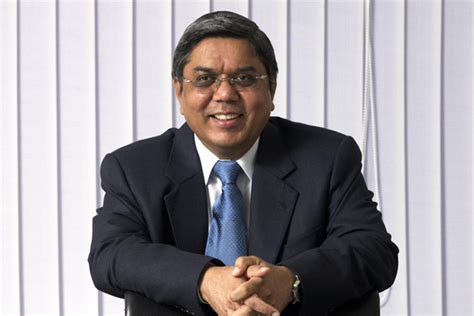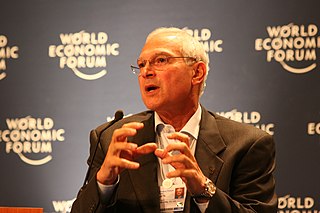A Quote by Narendra Modi
India has now graduated from megawatts to gigawatts in terms of renewable energy production.
Quote Topics
Related Quotes
But to truly transform our economy, protect our security, and save our planet from the ravages of climate change, we need to ultimately make clean, renewable energy the profitable kind of energy. So I ask this Congress to send me legislation that places a market-based cap on carbon pollution and drives the production of more renewable energy in America.
The foundation is being laid for the emergence of both wind and solar cells as cornerstones of the new energy economy. World wind generating capacity grew from 7,600 megawatts in 1997 to 9,600 in 1998, an expansion of 26 percent. At a national level, Germany led the way, adding 790 megawatts of capacity, followed by Spain with 380 megawatts, and the United States with 226 megawatts. In the past, U.S. wind generating capacity was concentrated in California, but in 1998, wind farms began generating electricity in Minnesota, Oregon, and Wyoming, broadening the new industry's geographical base.
Already renewable energy advocates are noting that the 42 miles of above-ground right-of-way between Yosemite and the city could be fitted with enough solar panels to generate at least 40 megawatts per year - a proposal the San Francisco Public Utilities Commission has never seriously considered because they currently aren't required to do so.
Already renewable energy advocates are noting that the 42 miles of above-ground right-of-way between Yosemite and the city could be fitted with enough solar panels to generate at least 40 megawatts per year - a proposal the San Francisco Public Utilities Commission has never seriously considered because they currently aren’t required to do so.
Falling prices are driving renewable energy investment in India, which rose 13 per cent last year and is expected to surpass 10 billion dollars in 2015. Adoption of increasingly cost-effective renewables holds the genuine promise of a new age of socio-economic development, powered by clean, increasingly decentralised, and sustainable energy. The opportunity for India is tremendous.
































